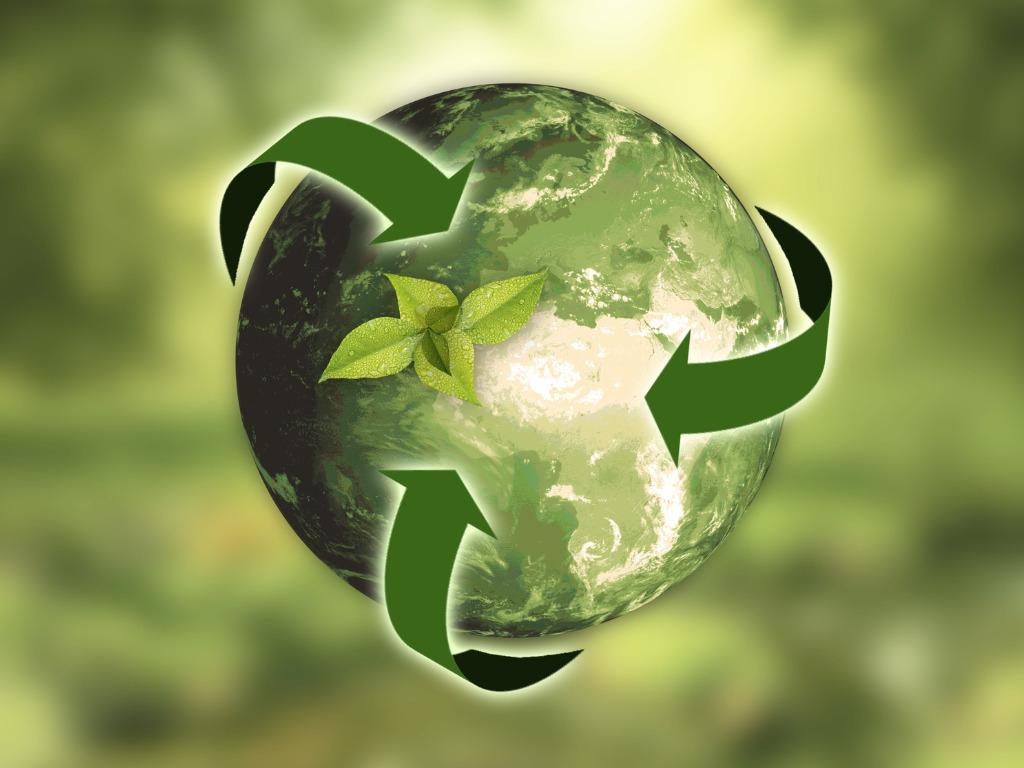Sustainability, in essence, is the capacity to maintain or improve the state of desirable conditions over the long term. It encompasses the responsible use of resources, ensuring that future generations have access to the same or improved resources and opportunities. This involves balancing environmental protection, economic viability, and social equity, recognizing that these elements are interconnected and interdependent. Essentially, sustainability seeks to meet the needs of the present without compromising the ability of future generations to meet their own needs.
The concept of sustainability is often framed around three pillars: environmental, economic, and social. Environmental sustainability focuses on protecting natural resources, minimizing pollution, and conserving biodiversity. Economic sustainability emphasizes long-term economic growth that is inclusive and equitable, ensuring that all members of society have access to resources and opportunities. Social sustainability promotes fairness, justice, and the well-being of all people, including access to basic necessities and opportunities for personal development.
By integrating these three pillars, sustainability aims to create a world where human activities do not deplete or degrade the environment, where economic systems are fair and inclusive, and where all people have the opportunity to thrive. This requires a shift in thinking and behavior at all levels, from individual choices to large-scale policies and practices. Ultimately, sustainability is not just an environmental issue; it's a fundamental requirement for a healthy and prosperous future for all.

